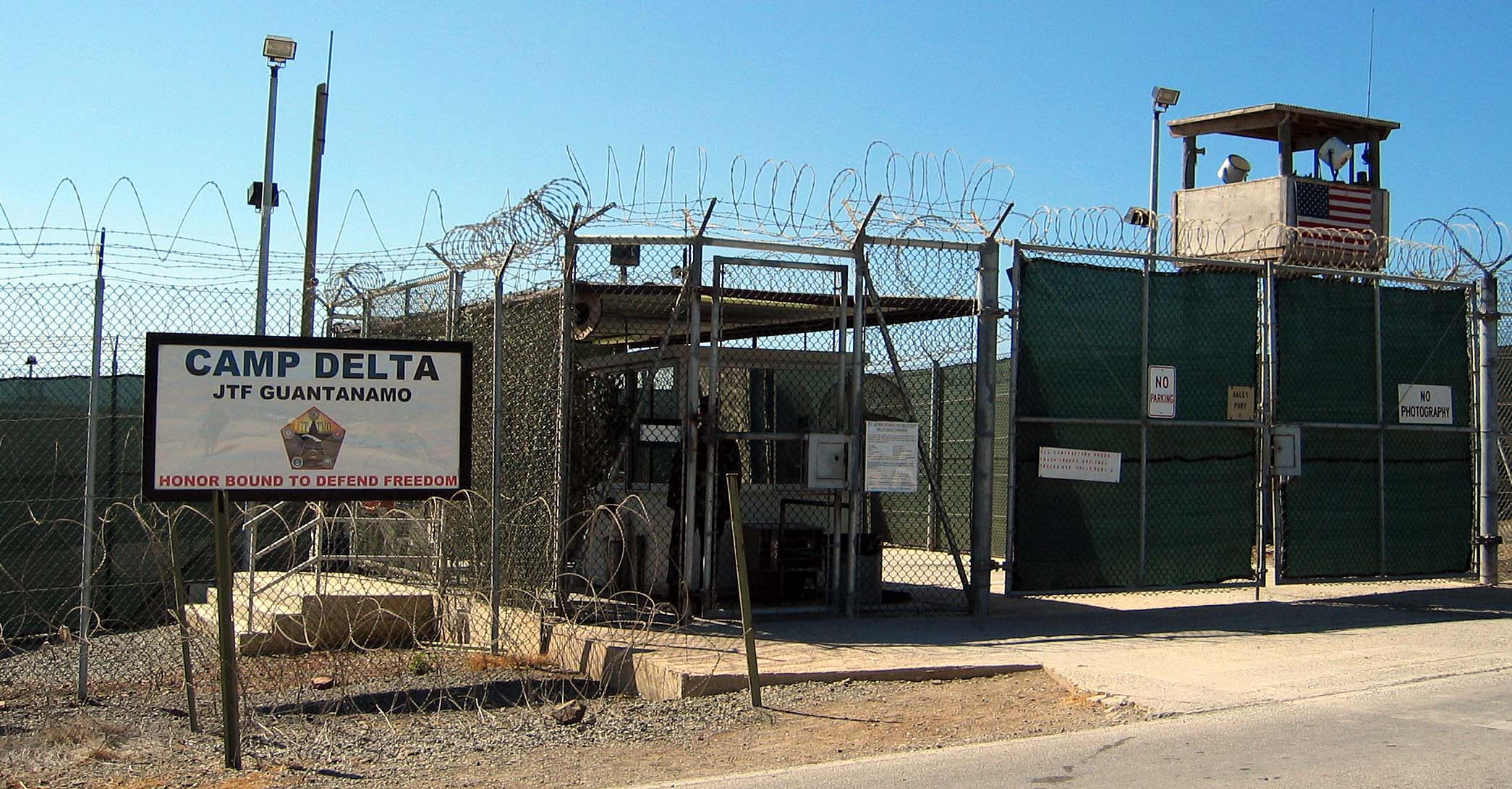
President Obama is running out of time to complete an objective he set during his very first week in office: close the detention center at Guantanamo Bay.
Since the President signed the executive order to close Guantanamo in early 2009, Congress has included provisions in the National Defense Authorization Act that have made closure unnecessarily difficult. Transfer restrictions prohibit the government from transferring anyone from Guantanamo to the United States for trial. Moreover, detainees cleared by the government for transfers to foreign countries face certification requirements. These provisions state that any country that the U.S. might wish to transfer a prisoner to for trial must meet very strict requirements, effectively preventing the transfer of prisoners to most countries around the world.
The 2016 NDAA, which deepens these restrictions, was recently passed by both chambers of Congress, and the President is considering a veto due to budget disagreements. Controversy over funding mechanisms in the NDAA has dominated much of the discussion, and is the centerpiece of the President’s threat to veto the bill. However, provisions in the NDAA that make Guantanamo harder to close should be also be a central feature of the conversation on this legislation. If the transfer restrictions and certification requirements in the current draft of the NDAA become law, Obama may not be able to close Guantanamo during the last year of his presidency, leaving a major promise and a moral imperative unfulfilled.
The Jewish tradition teaches us that every human being is deserving of dignity. This is not only found in the principle that humans were created b’tzelem Elohim, or in the image of God. The Talmud builds on this central concept, stating, “He who publicly shames his fellow is as though he shed blood” (Baba Metzia, 58b-59a). Mistreating our prisoners, including holding them indefinitely without trial, brings shame upon them and denies them their dignity. While it is important to treat those suspected of terrorism in a way that safeguards our national security, it is just as important to treat them in a way that preserves their humanity.
While the future of the NDAA remains uncertain, we should seize on the possibility that unhelpful restrictions on closing the prison at Guantanamo Bay could be removed from the bill. Congress, if it cannot override the veto, should remove these restrictions from the NDAA and work with the Administration to finally close the prison at Guantanamo Bay.
Tell your Members of Congress that closing Guantanamo remains a priority. You can also learn more our work on about issues related to torture and indefinite detention here.
Related Posts

Remarks from Rabbi Eliana Fischel at Jewish Gathering for Abortion Access

Teens from North Carolina Speak About Environmental Justice


